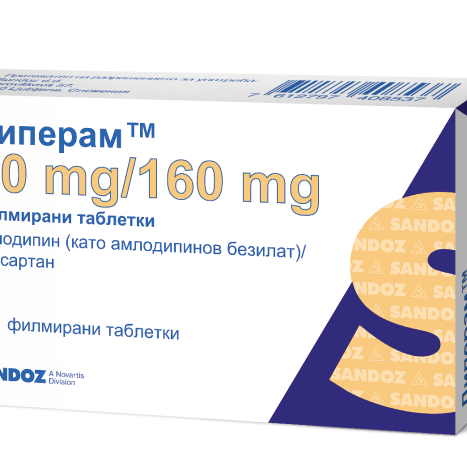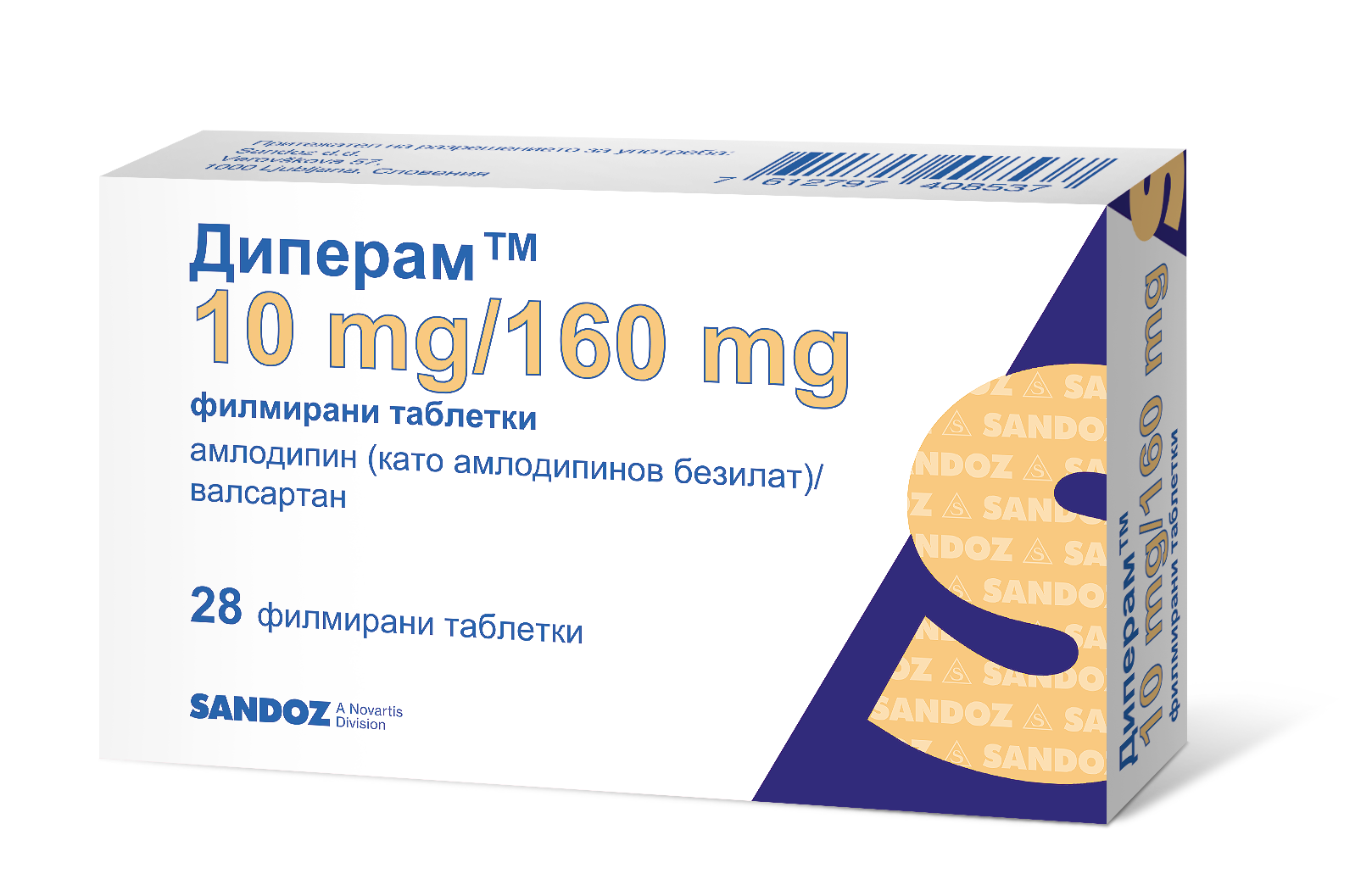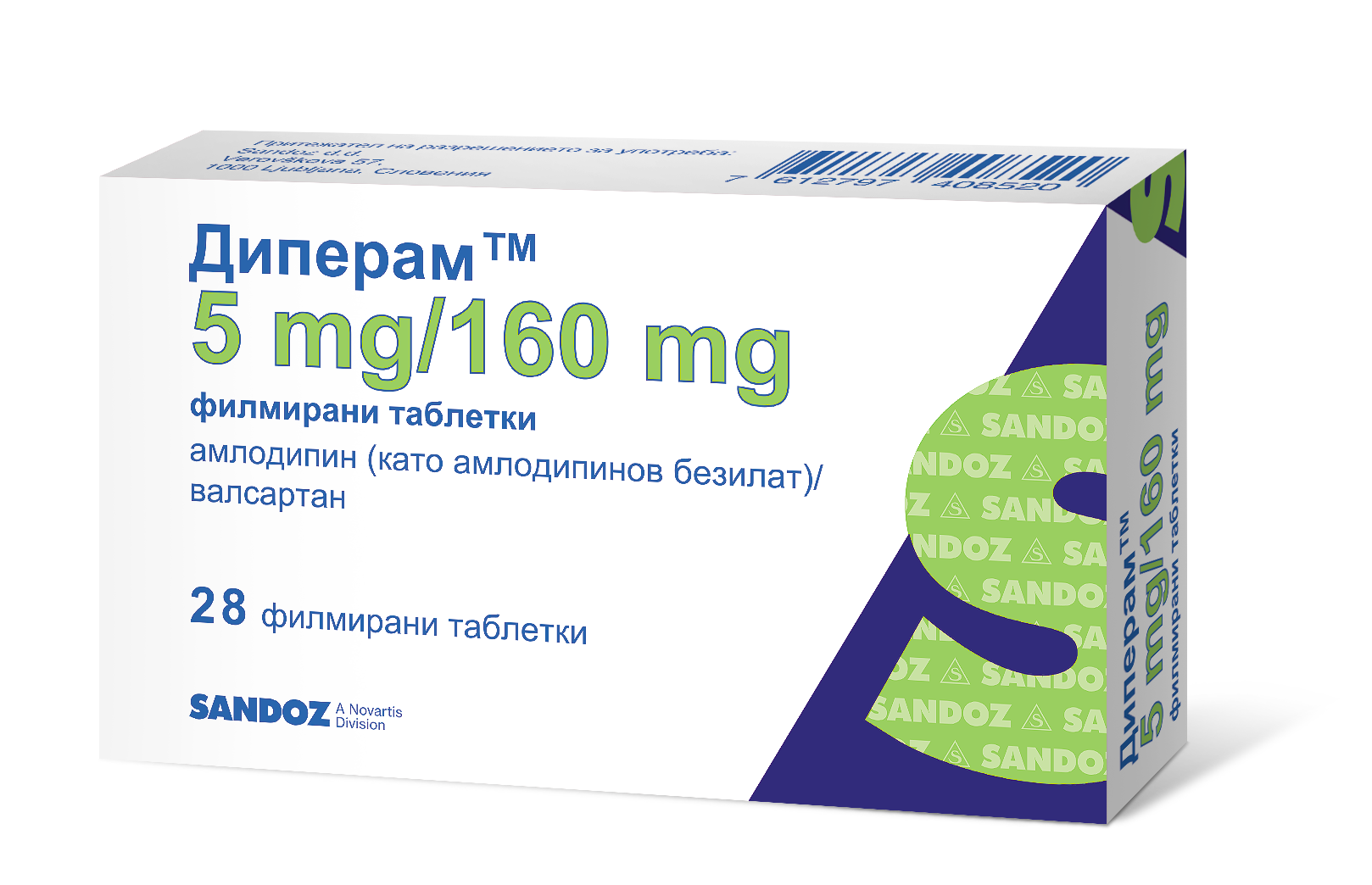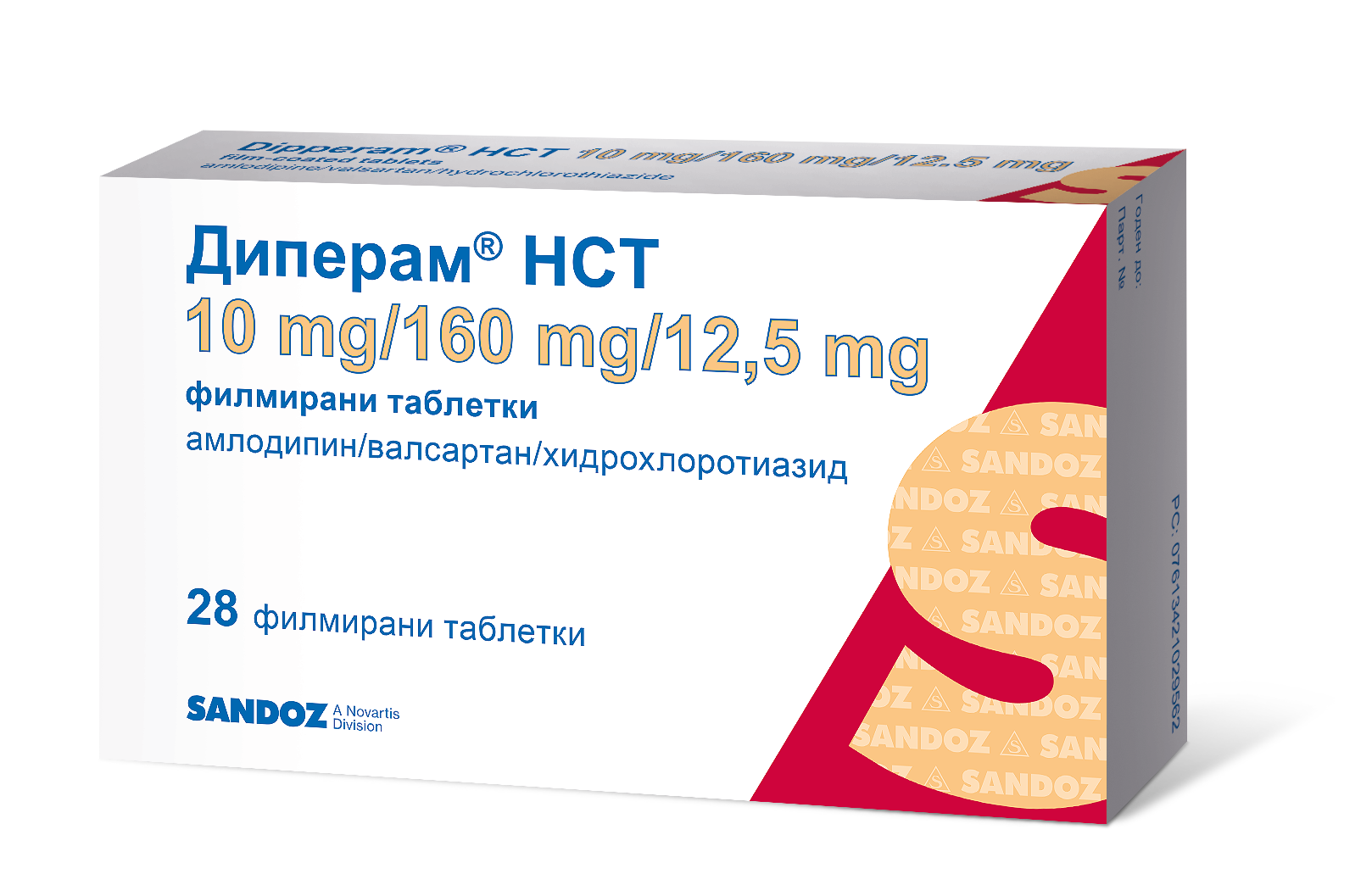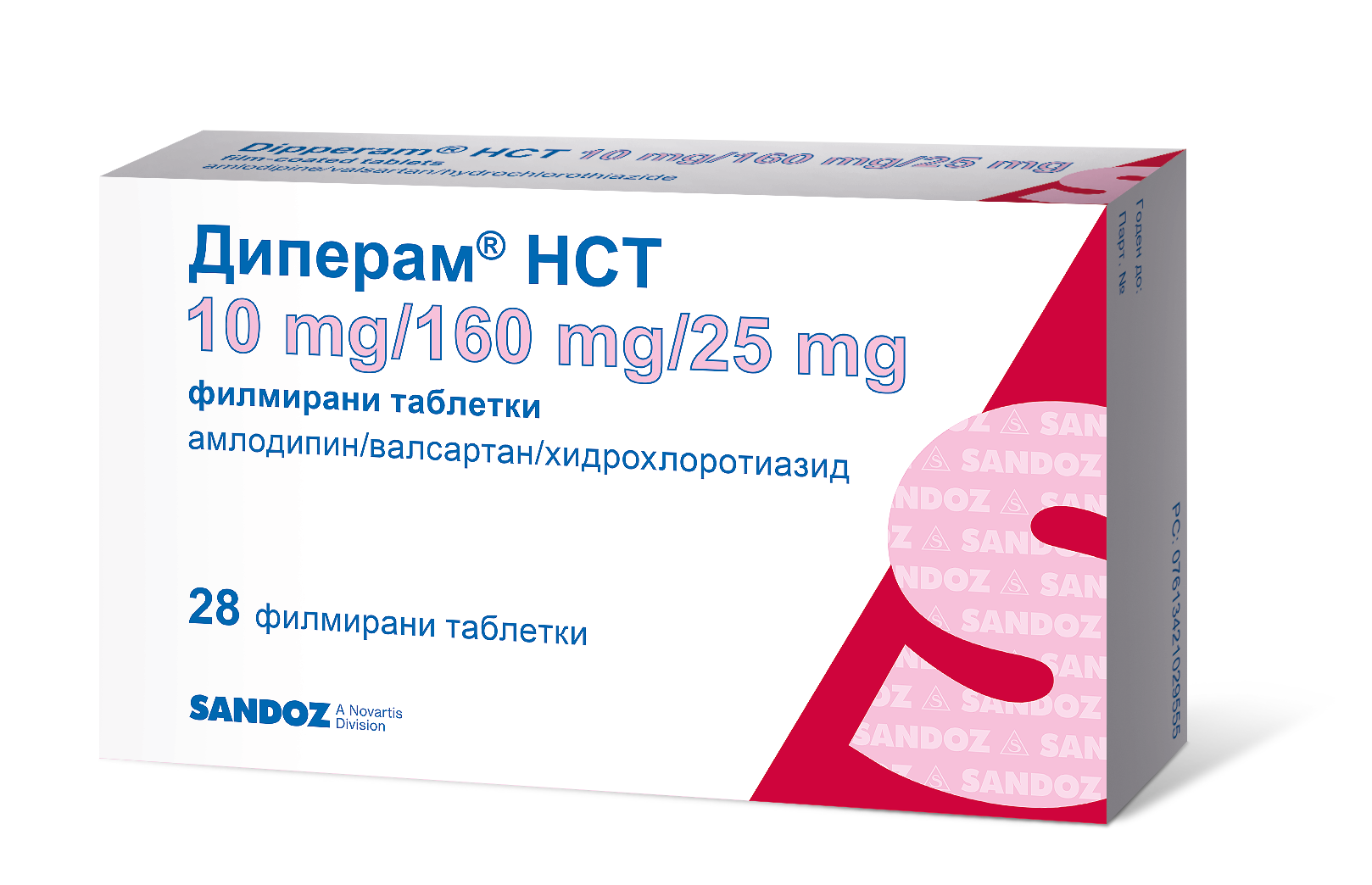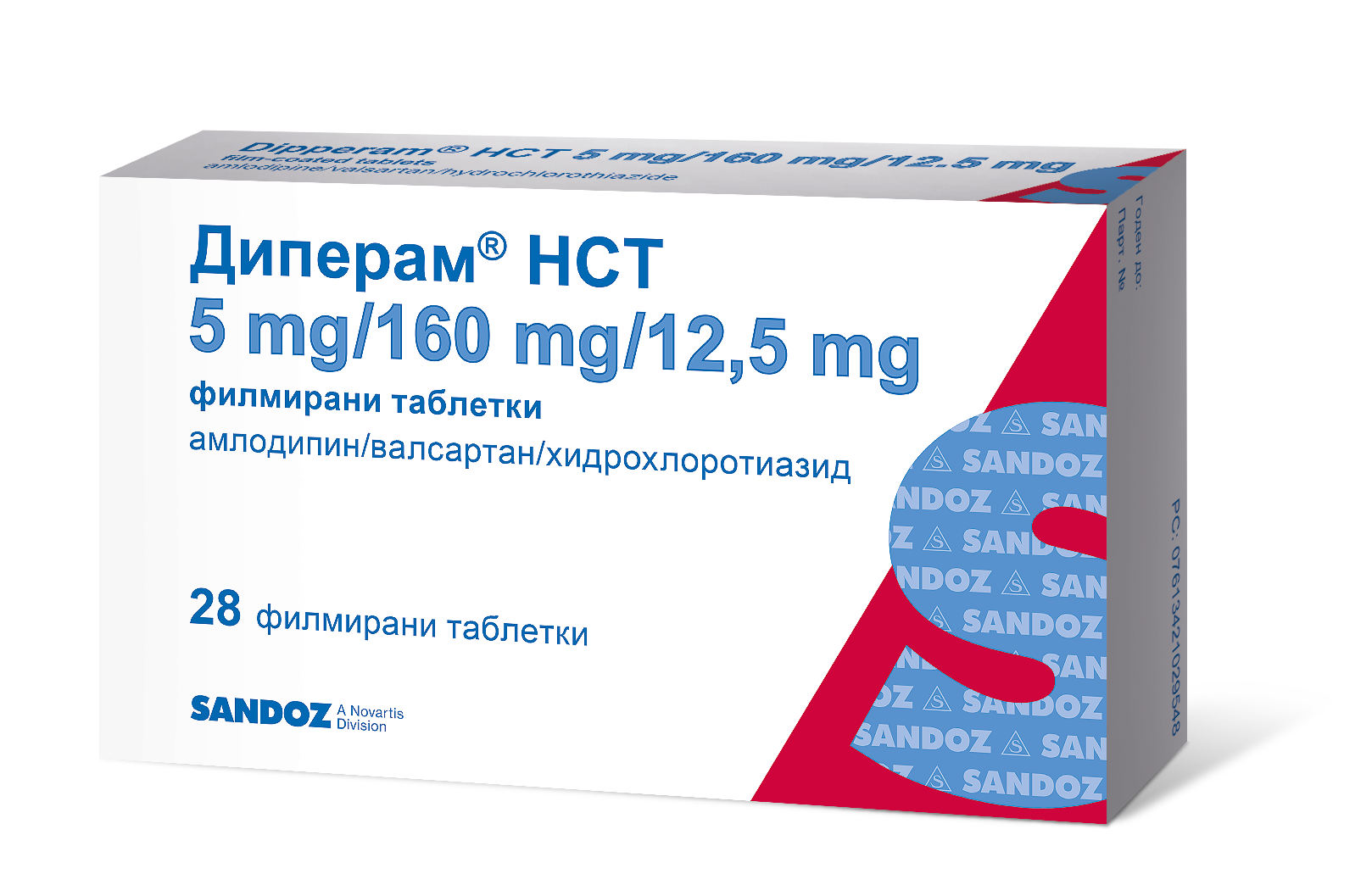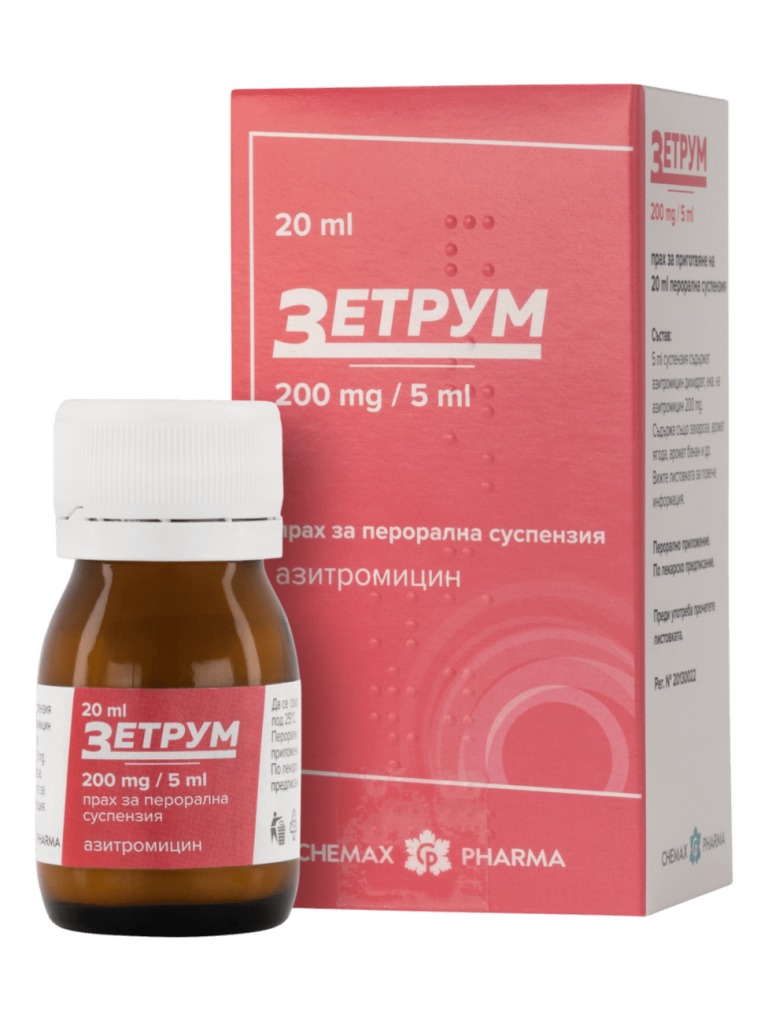DIPPERAM 10mg/160mg x 28 tabl
Leaflet: patient information
Diperam 5 mg/80 mg film-coated tablets
Dipperam 5 mg/80 mg film-coated tablets
Diperam 5 mg/160 mg film-coated tablets
Dipperam 5 mg/160 mg film-coated tablets
Diperam 10 mg/160 mg film-coated tablets
Dipperam 10 mg / 160 mg film - coated tablets
amlodipine (as amlodipine besylate)/valsartan
amlodipine (as amlodipine besylate)/valsartan
Read all of this leaflet carefully before you start taking this medicine because it contains important information for you.
- Keep this leaflet. You may need to read it again.
- If you have any further questions, ask your doctor or pharmacist.
- This medicine is prescribed only and personally for you. Don't leave it to other people. It can harm them even though the signs of their illness are the same as yours.
- If you get any side effects, tell your doctor or pharmacist. This also includes any possible side effects not described in this leaflet. See point 4.
What this leaflet contains
1. What Diperam is and what it is used for
2. What you need to know before you take Diperam
3. How to take Diperam
4. Possible side effects
5. How to store Diperam
6. Contents of the package and additional information
1. What Diperam is and what it is used for
Diperam tablets contain two substances called amlodipine and valsartan. Both substances help control high blood pressure.
- Amlodipine belongs to the group of substances called "calcium channel blockers". Amlodipine stops the passage of calcium through channels in the blood vessel wall, which prevents blood vessels from constricting.
- Valsartan belongs to the group of substances called "angiotensin-II receptor antagonists". Angiotensin II is produced by the body and causes blood vessels to constrict, thereby increasing blood pressure. Valsartan works by blocking the effect of angiotensin II.
This means that both substances help to stop blood vessels from constricting. As a result, blood vessels relax and blood pressure decreases.
Diperam is used to treat high blood pressure in adults whose blood pressure is not controlled well enough with amlodipine or valsartan alone.
2. What you need to know before you take Diperam
Do not take Diperam
- if you are allergic to amlodipine or other calcium channel blockers . This can cause itching, reddening of the skin or difficulty breathing.
- if you are allergic to valsartan or any of the other ingredients of this medicine (listed in section 6). If you think you are allergic, talk to your doctor before taking Diperam.
- if you have severe liver or bile problems, such as biliary cirrhosis or cholestasis.
- if you are more than 3 months pregnant . (It is better to avoid the use of Diperam in early pregnancy, see the point "Pregnancy").
- if you have very low blood pressure (hypotension).
- if you have a narrowing of the aortic valve (aortic stenosis) or cardiogenic shock (a condition where the heart is unable to supply enough blood to the body).
- if you suffer from heart failure after a heart attack.
- if you have diabetes or impaired kidney function and are being treated with a blood pressure lowering medicine containing aliskiren.
If any of the above applies to you, do not take Diperam and tell your doctor .
Warnings and precautions
Talk to your doctor before taking Diperam:
- if you have been sick ( vomiting or diarrhoea ).
- if you have liver or kidney problems.
- if you have had a kidney transplant or have been told you have narrowing of the renal arteries.
- if you have a disease affecting the adrenal glands called 'primary hyperaldosteronism'.
- if you have had heart failure or a heart attack.
Follow your doctor's instructions carefully for the starting dose. Your doctor may also test your kidney function.
- if your doctor has told you that you have a narrowing of the heart valves (called "aortic or mitral stenosis") or that the thickness of the heart muscle is increased above normal (called "obstructive hypertrophic cardiomyopathy").
- if you have had swelling, especially of the face and throat , while taking other medicines (including angiotensin-converting enzyme inhibitors).
If you experience such symptoms, stop taking Diperam and contact your doctor immediately.
You should never take Diperam again .
- if you are taking any of the following medicines used to treat high blood pressure:
- ACE inhibitor (eg enalapril, lisinopril, ramipril), especially if you have kidney problems related to diabetes.
- aliskiren.
Your doctor may periodically check your kidney function, blood pressure and the amount of electrolytes (eg potassium) in your blood.
See also the information entitled "Do not take Diperam".
If any of the above applies to you, tell your doctor before taking Diperam.
Children and adolescents
The use of Diperam in children and adolescents (under 18 years of age) is not recommended.
Other medicines and Diperam
Tell your doctor or pharmacist if you are taking, have recently taken or might take any other medicines. Your doctor may need to change your dose and/or take other precautions. In some cases, you may need to stop taking one of the medicines. This applies especially to the medicines listed below:
- ACE inhibitors or aliskiren (see also the information entitled "Do not take Diperam" and "Warnings and precautions");
- diuretics (a type of medicine, also called "water tablets", which increase the amount of urine produced);
- lithium (a medicine used to treat some types of depression);
- potassium-sparing diuretics , potassium supplements , salt substitutes containing potassium and other substances that can increase potassium values;
- certain types of pain relievers called non-steroidal anti-inflammatory drugs (NSAIDs) or selective cyclooxygenase-2 inhibitors (COX-2 inhibitors). Your doctor may want to check your kidney function;
- anticonvulsants (eg, carbamazepine, phenobarbital, phenytoin, fosphenytoin, primidone);
- St. John's Wort;
- nitroglycerin and other nitrates or other substances called "vasodilators";
- drugs used to treat HIV/AIDS (eg, ritonavir, indinavir, nelfinavir);
- medicines used to treat fungal infections (eg ketoconazole, itraconazole);
- antibiotics (such as rifampicin, erythromycin, clarithromycin, talithromycin);
- verapamil, diltiazem (heart medicines);
- simvastatin (a medicine used to control high cholesterol);
- dantrolene (infusion for severe deviations in body temperature);
- medicines used to prevent transplant rejection (cyclosporine).
I dip with food and drink
People taking Diperam should not eat grapefruit or drink grapefruit juice. The reason for this is that grapefruit and grapefruit juice can lead to an increase in plasma levels of the active substance amlodipine, which in turn can lead to an unpredictable enhancement of the antihypertensive effect of Diperam.
Pregnancy and breastfeeding
Pregnancy
You should tell your doctor if you think you are (or might become) pregnant. In general, your doctor will advise you to stop taking Diperam before you become pregnant or as soon as you know you are pregnant and will advise you to take another medicine instead of Diperam. Diperam is not recommended in early pregnancy (first 3 months) and should not be taken in pregnancy after the 3rd month, as it may cause serious harm to your baby if used after the third month of pregnancy.
Breastfeeding
Inform your doctor if you are breast-feeding or intend to breast-feed. Treatment with Diperam is not recommended for mothers who are breast-feeding and your doctor may prescribe another treatment if you wish to breast-feed, especially if your baby is a newborn or was born prematurely.
Ask your doctor or pharmacist before using any medicine.
Driving and using machines
This medicine may make you feel dizzy. This can affect your ability to concentrate well. Therefore, if you are not sure how this medicine will affect you, do not drive or operate machinery, or do other activities that require concentration.
3. How to take Diperam
Always take this medicine exactly as your doctor has told you. If you are not sure about something, ask your doctor. This will help you achieve the best results and reduce the risk of side effects.
The usual dose of Diperam is one tablet daily.
- It is preferable to take your medicine at the same time every day.
- Swallow the tablets with a glass of water.
- You can take Diperam with or without food. Do not take Diperam with grapefruit or grapefruit juice.
Depending on how you respond to treatment, your doctor may suggest increasing or decreasing the dose.
Do not exceed the prescribed dose.
Diperam in the elderly (65 years or older)
Your doctor should pay attention when increasing your dose.
If you have any further questions related to the use of this medicine, ask your doctor or pharmacist.
If you have taken more than the required dose of Diperam
If you have taken too many Diperam tablets or if someone else has taken your tablets, consult a doctor immediately.
If you forget to take Diperam
If you forget to take this medicine, take it as soon as you remember. Then take the next dose at the usual time. However, if it is almost time for the next dose, do not take the missed dose. Do not take a double dose to make up for a missed tablet.
If you have stopped taking Diperam
Stopping treatment with Diperam can lead to worsening of your disease. Do not stop taking your medicine until your doctor tells you to.
4. Possible side effects
Like all medicines, this medicine can cause side effects, although not everybody gets them.
Some side effects can be serious and require immediate medical attention:
A small number of patients have experienced the following serious side effects ( may affect up to 1 in 1,000 people ) . If any of the following side effects occur, tell your doctor immediately:
- allergic reaction with symptoms such as rash, itching, swelling of the face or lips or tongue, difficulty breathing, low blood pressure (feeling faint, dizzy)
Other possible side effects of Diperam:
Common ( may affect up to 1 in 10 people ):
- flu
- stuffy nose, sore throat and discomfort when swallowing
- headache
- swelling of the hands, hands, feet, ankles or feet
- fatigue
- asthenia (weakness)
- redness and a feeling of warmth in the face and/or neck
Uncommon ( may affect up to 1 in 100 people ):
- dizziness
- nausea and abdominal pain
- dry mouth
- drowsiness, tingling or numbness in the hands or feet
- vertigo
- rapid heartbeat, including palpitations
- dizziness when standing
- cough
- diarrhea
- constipation
- skin rash, reddening of the skin
- joint swelling, back pain
- joint pain
Rare ( may affect up to 1 in 1,000 people ) :
- a feeling of anxiety
- ringing in the ears (tinnitus)
- diminution
- passing more urine than normal or feeling more urge to urinate
- inability to maintain an erection
- a feeling of heaviness
- low blood pressure with symptoms such as dizziness, vertigo
- increased sweating
- skin rashes all over the body
- itching
- muscle spasms
If any of these side effects become serious, tell your doctor.
Adverse reactions reported with amlodipine or valsartan alone that are not observed with Diperam or are observed at a higher frequency than with Diperam:
Amlodipine
Consult your doctor immediately if you have any of the following very rare serious side effects after using this medicine:
- sudden wheezing, chest pain, shortness of breath or difficulty breathing
- swelling of the eyelids, face or lips
- swelling of the tongue and throat, which makes breathing very difficult
- severe skin reactions, including severe skin rash, hives, reddening of the skin all over the body, severe itching, blistering, peeling and swelling of the skin, inflammation of the mucous membranes (Stevens-Johnson syndrome, toxic epidermal necrolysis) or other allergic reactions
- heart attack, abnormal heart rhythm
- an inflamed pancreas that can cause severe abdominal pain and back pain accompanied by severe malaise
The following side effects have been reported. If some of them cause you problems or last more than a week, you should contact your doctor.
Common ( may affect up to 1 in 10 people ):
Dizziness, drowsiness, palpitations (heart palpitations), redness, ankle swelling (edema), abdominal pain, nausea
Uncommon ( may affect up to 1 in 100 people ):
Mood changes, anxiety, depression, insomnia, tremors, taste changes, fainting, loss of pain sensation, visual disturbances, vision impairment, ringing in the ears; low blood pressure, sneezing/runny nose caused by inflammation of the lining of the nose (rhinitis), indigestion, vomiting, hair loss, increased sweating, itchy skin, skin discoloration, urinary disturbances, frequent urges to urinate at night, increased frequency urinating, inability to get an erection, discomfort or breast enlargement in men, pain, feeling unwell, muscle pain, muscle cramps, weight gain or loss.
Rare ( may affect up to 1 in 1,000 people ) :
Confusion.
Very rare (may affect up to 1 in 10,000 people) :
Decreased number of white blood cells, decreased number of platelets in the blood, which may lead to unusual bruising or bleeding easily (red blood cell damage), increased blood sugar (hyperglycaemia), swelling of the gums, swelling of the abdomen (gastritis), impaired liver function, inflammation of the liver (hepatitis), yellowing of the skin (jaundice), increased liver enzymes which may affect some laboratory tests, increased muscle tension, inflammation of the blood vessels, often accompanied by a skin rash, sensitivity to light, disorders including stiffness, tremors and/or movement disorders.
Valsartan
Frequency not known (frequency cannot be estimated from the available data ):
Decrease in the number of red blood cells, fever, sore throat or mouth ulcers due to infections, spontaneous bleeding or bruising, high levels of potassium in the blood, abnormal liver function tests, decreased or severely decreased kidney function, swelling mainly in the face and throat, muscle pain, rash, purple-red spots, fever, itching, allergic reaction, blistering of the skin (sign of a condition called bullous dermatitis).
If you have any of these side effects, tell your doctor right away.
Reporting adverse reactions
If you get any side effects, tell your doctor, pharmacist or nurse. This includes all possible side effects not described in this leaflet. You can also report adverse reactions directly through the national reporting system to the Executive Medicines Agency, 8 Damyan Gruev Street, 1303 Sofia, phone: +35928903417, website: www.bda.bg. By reporting side effects, you can contribute to getting more information about the safety of this medicine.
5. How to store Diperam
Keep out of the reach of children.
Do not use this medicine after the expiry date which is stated on the carton and blister after EXP. The expiration date corresponds to the last day of the specified month.
To be stored below 30°C.
Store in original packaging to protect from moisture.
Do not use this medicine if you notice any visible signs of damage.
Do not dispose of medicines down the drain or in the household waste container. Ask your pharmacist how to dispose of medicines you no longer use. These measures will help protect the environment.
6. Contents of the package and additional information
What Diperam contains
- The active substances are amlodipine (as amlodipine besylate) and valsartan.
Each 5 mg/80 mg tablet contains 5 mg of amlodipine and 80 mg of valsartan.
Each 5 mg/160 mg tablet contains 5 mg of amlodipine and 160 mg of valsartan.
Each 10 mg/160 mg tablet contains 10 mg of amlodipine and 160 mg of valsartan.
- The other ingredients are:
5 mg/80 mg and 5 mg/160 mg tablets: microcrystalline cellulose; crospovidone; colloidal anhydrous silica; magnesium stearate; hypromellose; titanium dioxide (E171); iron oxide, yellow (E172); macrogol 4000; talc
10 mg/160 mg tablets: microcrystalline cellulose; crospovidone; colloidal anhydrous silica; magnesium stearate; hypromellose; titanium dioxide (E171); iron oxide, yellow (E172); iron oxide, red (E172); macrogol 4000; talc
What Diperam looks like and contents of the pack
Diperam 5 mg/80 mg film-coated tablets are dark yellow and round, with beveled edges, marked “NVR” on one side and “NV” on the other side.
Size: Approx 8.20mm.
Diperam 5 mg/160 mg film-coated tablets are dark yellow and elliptical, with beveled edges, debossed with “NVR” on one side and “ECE” on the other side.
Dimensions: approximately 14.2mm x 5.7mm.
Diperam 10 mg/160 mg film-coated tablets are light yellow and elliptical, with bevelled edges, debossed with “NVR” on one side and “UIC” on the other side.
Dimensions: approximately 14.2mm x 5.7mm.
Diperam is available in packs containing 7, 14, 28, 30, 56, 90, 98 or 280 film-coated tablets and in multipacks comprising 4 cartons each containing 70 film-coated tablets or 20 cartons each containing 14 film-coated tablets. All packages come with standard blisters; packs containing 56, 98 and 280 tablets are also available in perforated unit dose blisters.
Not all types of packaging can be put on sale.
License holder
Sandoz dd
Verovškova 57,
1000 Ljubljana
Slovenia
Manufacturer
Novartis Pharma GmbH
Roonstrasse 25
D-90429 Nürnberg
Germany
and
Novartis Farmacéutica SA
Ronda de Santa Maria, 158
Barberà del Vallès
08210 Barcelona
Spain
This medicinal product is approved in the EEA member states under the following names :
The Netherlands | Dipperam 5 mg/80 mg, filmomhulde tabletten Dipperam 5 mg/160 mg, filmomhulde tabletten Dipperam 10 mg/160 mg, filmomhulde tabletten |
Bulgaria | Diperam 5 mg/80 mg film-coated tablets Diperam 5 mg/160 mg film-coated tablets Diperam 10 mg/160 mg film-coated tablets |
Estonia | Dipperam |
Lithuania | Dipperam 5 mg/80 mg plėvele dengtos tabletės Dipperam 5 mg/160 mg plėvele dengtos tabletės Dipperam 10 mg/160 mg plėvele dengtos tabletės |
Latvia | Dipperam 5 mg/80 mg film-coated tablets Dipperam 5 mg/160 mg film-coated tablets Dipperam 10 mg/160 mg film-coated tablets |
Poland | Dipperam, 5 mg + 80 mg, tabletki powlekane Dipperam, 5 mg + 160 mg, tabletki powlekane Dipperam, 10 mg + 160 mg, tabletki powlekane |
Romania | Dipperam 5 mg/80 mg comprimate filmate Dipperam 5 mg/160 mg comprimate filmate Dipperam 10 mg/160 mg comprimate filmate |
Slovenia | Dipperam 5 mg/80 mg film-coated tablets Dipperam 5 mg/160 mg film-coated tablets Dipperam 10 mg/160 mg film-coated tablets |
Date of last revision of leaflet
11/2019


